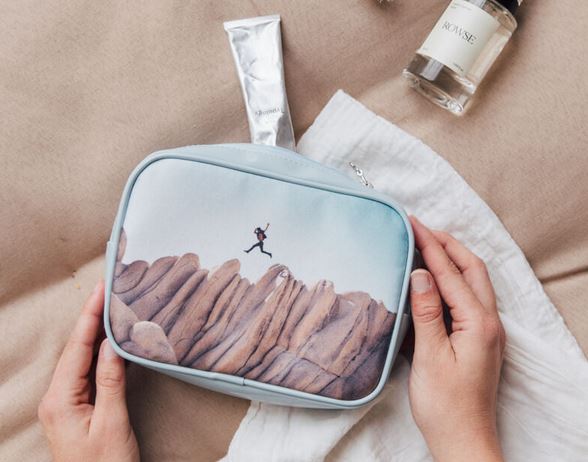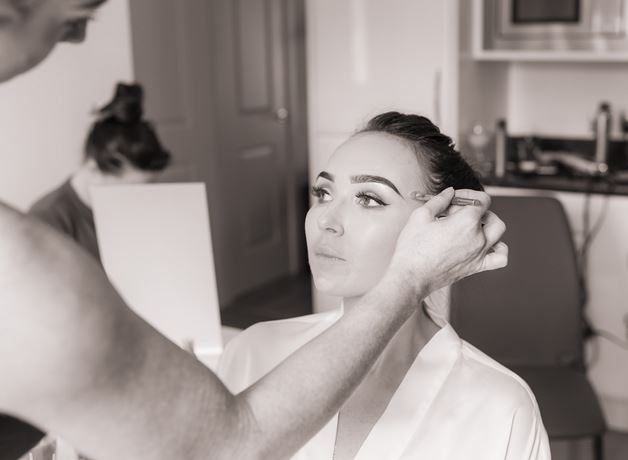Fashion is more than just clothing; it is a powerful form of self-expression that influences culture and society on various levels. From shaping identities to reflecting societal values, fashion plays a significant role in how we perceive ourselves and others. In this article, we delve into the impact of fashion on culture and society, exploring its ability to inspire, challenge norms, and foster individual and collective identities.
Table of Contents
- Introduction: The Language of Fashion
- Fashion as a Reflection of Cultural Identity
- Influence on Social and Economic Dynamics
- Breaking Gender Norms and Challenging Stereotypes
- Fashion's Role in Empowerment and Self-Expression
- Environmental and Ethical Considerations
- Conclusion
- FAQs (Frequently Asked Questions)
1. Introduction: The Language of Fashion
Fashion is a universal language that transcends geographical boundaries, allowing individuals to express their creativity, identity, and aspirations. It encompasses clothing, accessories, hairstyles, and even body modifications, creating a visual narrative that communicates messages and influences societal perceptions.
2. Fashion as a Reflection of Cultural Identity
Fashion is intricately linked to culture, serving as a visual representation of traditions, values, and historical influences. Different cultures exhibit unique fashion aesthetics, patterns, and textiles that reflect their heritage and identity. Traditional garments and cultural symbols incorporated into fashion celebrate diversity and contribute to the preservation of cultural heritage.
3. Influence on Social and Economic Dynamics
Fashion has a profound impact on social and economic dynamics. It drives consumerism, shapes consumer preferences, and fuels the global economy. Fashion weeks, industry events, and advertising campaigns create trends that influence purchasing decisions and shape the market. Moreover, the fashion industry provides employment opportunities and drives innovation, impacting local and global economies.
4. Breaking Gender Norms and Challenging Stereotypes
Fashion has played a pivotal role in challenging traditional gender norms and promoting inclusivity. Designers and fashion influencers have introduced gender-fluid fashion, blurring the lines between masculinity and femininity. By embracing androgynous styles, diverse body types, and non-conformist fashion choices, the industry has fostered acceptance and challenged societal stereotypes.
5. Fashion's Role in Empowerment and Self-Expression
Fashion empowers individuals to embrace their uniqueness and express their inner selves. It provides a platform for self-expression, enabling individuals to communicate their personalities, values, and beliefs through clothing. Fashion allows people to experiment with different styles, reinvent themselves, and gain confidence. It has the power to uplift and empower individuals, helping them navigate social interactions and boost self-esteem.
6. Environmental and Ethical Considerations
As fashion's influence grows, so does the need to address its environmental and ethical impact. The industry is increasingly embracing sustainable practices, promoting ethical production, and raising awareness about the environmental consequences of fast fashion. The rise of eco-friendly materials, recycling initiatives, and fair trade practices signals a shift towards a more conscious and responsible fashion industry.
7. Conclusion
Fashion is a multidimensional force that permeates culture and society, shaping our identities, perceptions, and interactions. It serves as a means of cultural expression, challenges societal norms, empowers individuals, and drives economic growth. However, as fashion continues to evolve, it is essential to address its environmental impact and strive for a more sustainable and inclusive industry.
FAQs (Frequently Asked Questions)
-
How does fashion impact culture? Fashion reflects cultural identities, traditions, and values, contributing to the preservation of cultural heritage and promoting diversity.
-
Can fashion challenge societal norms? Yes, fashion has the power to challenge societal norms by breaking gender boundaries, promoting inclusivity, and challenging stereotypes.
-
What is sustainable fashion? Sustainable fashion refers to ethical and environmentally friendly practices in the production, consumption, and disposal of clothing.
-
How does fashion empower individuals? Fashion empowers individuals by providing a platform for self-expression, boosting confidence, and enabling individuals to embrace their uniqueness.
-
What can individuals do to support a more sustainable fashion industry? Individuals can support a more sustainable fashion industry by making conscious purchasing decisions, opting for eco-friendly brands, and promoting recycling and ethical production practices.
|










